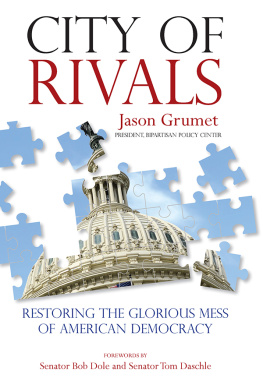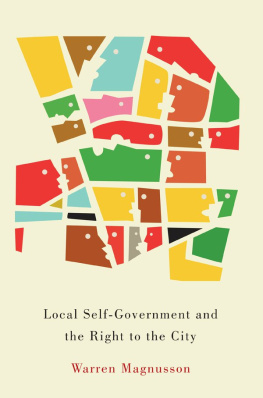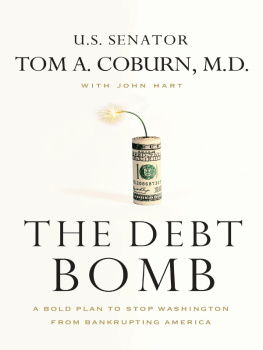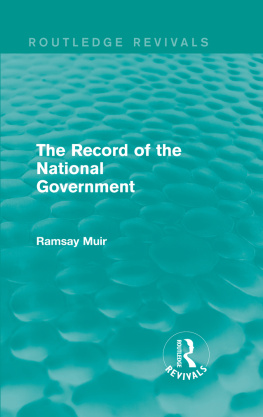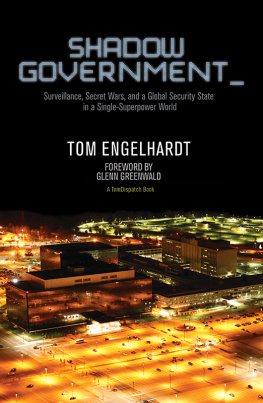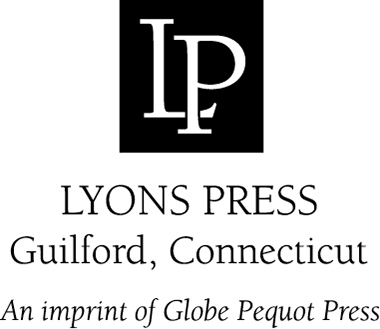City of Rivals
City of Rivals
Restoring the Glorious Mess of American Democracy
Jason Grumet
President, Bipartisan Policy Center
Forewords by Senator Tom Daschle and Senator Bob Dole
Copyright 2014 by Jason Grumet
ALL RIGHTS RESERVED. No part of this book may be reproduced or transmitted in any form by any means, electronic or mechanical, including photocopying and recording, or by any information storage and retrieval system, except as may be expressly permitted in writing from the publisher. Requests for permission should be addressed to Globe Pequot Press, Attn: Rights and Permissions Department, PO Box 480, Guilford, CT 06437.
Lyons Press is an imprint of Rowman & Littlefield.
Project editor: Meredith Dias
Layout artist: Melissa Evarts
Library of Congress Cataloging-in-Publication Data is available on file.
ISBN 978-0-7627-9158-3
eISBN xxx-x-xxxx-xxxx-x
For Stephanie
Contents
Foreword
by Senator Tom Daschle
Winston Churchill is often credited with the statement, You can always count on Americans to do the right thingafter theyve tried everything else. There is actually no record of Churchill ever uttering these words, but the statement captures a number of attributes that make our country unique. America does stand for doing the right thing. We are a resilient partner with our allies and nations in need. And our democratic process can be absolutely infuriating. The struggle among competing interests in our diverse society creates intense debate, frustrating delays, and occasional setbacks. But the obligation to reconcile our differences has also led to effective and durable public policy. It has never been an easy or particularly graceful process. As the Democratic leader in the Senate, I took part in many battles with my colleagues across the aisleand occasionally with my fellow Democrats as well. On many occasions, these arguments were animated and deeply felt. But a disagreement on one issue very rarely damaged my ability to work with a colleague on another topic the very next day.
I remember sitting next to my colleague and fellow Senate leader, Trent Lott, at a Pentagon ceremony one year after the September 11 terrorist attacks. We had led the Senate together for six turbulent years. At one point, he leaned over. You know, we have been through a lot together, he said, and while there have been times when Ive attacked you and youve attacked me, and our relationship has been strained, we have gotten through all of this together. People will never know what an accomplishment that really is.
Senator Lott and I both have the distinction of winning our first Leader elections by just one vote. Neither of us had significant latitude to commit our colleagues without an extraordinary amount of consultation with them and with each other. For that reason, we did two things that were catalytic in carrying out our responsibilities. First, we installed a hotline on each of our desks for whenever we thought the situation called for immediate and personal dialogue. Second, on many occasions we held joint caucus sessions where we could address whatever challenges we were facing together.
Looking back, I now regret that we didnt hold even more joint caucuses. But, that telephone got used frequently as we led the Senate through a presidential impeachment trial, the attack on September 11, the anthrax attack in my office, negotiating a governance framework for a Senate in 2001 (where both caucuses had fifty members), and countless matters regarding nominations, the enactment of legislation, and the Senate legislative schedule. But that was our job. And there was no one else who could do it.
America is certainly more divided today than it was when I left the Senate almost ten years ago. The wars in Afghanistan and Iraq, the recession, growing income inequality, and changing demographics have all deepened the political divisions in our communities. But the culture of the Congress has also changed in ways that have diminished its ability to solve hard problems.
City of Rivals explores the forces that have weakened the Congress and challenges many of the traditional notions of what is wrong with Washington. Look, for example, at the issue of transparency in government. Certainly the public must have access to the decision-making process. But the idea that Washington would work better if there were TV cameras monitoring every conversation gets it exactly wrong. We dont need smoke-filled back rooms, but we must protect the private spaces where people with different points of view are able to work through their disagreements. The lack of opportunities for honest dialogue and creative give-and-take lies at the root of todays dysfunction.
Nor is this book a nostalgic remembrance of better times past. To the contrary, Jason Grumet offers a clear-eyed account of the current polarization and presents practical ideas to get things moving despite these divisions. Politics has always been a contact sport. By embracing the critical role that constructive partisanship has played throughout history, Grumet offers a more realistic set of solutions than the traditional fix-Washington agenda.
Seven years ago, I joined with Jason, George Mitchell, Bob Dole, and Howard Baker to create the Bipartisan Policy Center. Our goal was not to take politics out of the equation or ask people to check their interests at the door. To the contrary, we have worked to create an environment in which fierce disagreements can be debated, informed by data, and thus resolved. Time and again, the BPC has developed detailed policy solutions not by splitting differences, but by combining the best ideas from the left, right, and middle. Like any good political process, there has also been plenty of hand-wringing, compromise, and the occasional horse trade. All of this has been enabled by bringing proud partisans together in an environment that builds trust and enables the exploration of new ideas.
City of Rivals traces how the elements that make the BPC so effective are being driven out of the federal government. Americas leaders today dont know each other well enough and they dont trust one another deeply enough to harness the sort of collaboration we need to succeed as a nation. In addition, City of Rivals boldly explores how many well-intentioned and popular efforts to make government work better are doing just the opposite. If we want Congress to fix our broken immigration system, pass budgets on time, take on tax and entitlement reform, invest in infrastructure, and confront myriad other issues, we must take a hard look at the uncomfortable questions and creative solutions raised in the pages that follow.
Senator Tom Daschle
Washington, DC
April 2014
Foreword
by Senator Bob Dole
City of Rivals is one of the first books in a while that doesnt begin with the premise that Congress is irreparably broken, a necessary evil, or both. For nearly thirty-six years, I had the honor of serving in the US Congress. Things worked pretty well most of the timebut not because we all agreed about much. Indeed, those of us who endured the Great Depression and fought in the Second World War embraced a great diversity of ideas about how the government ought to be run. We argued a lot, and sometimes our disagreements got personal. But we all shared a fundamental commitment to the institution and a basic respect for our colleagues, regardless of their affiliation.
The bottom line is that we were combatants and we were friends.

